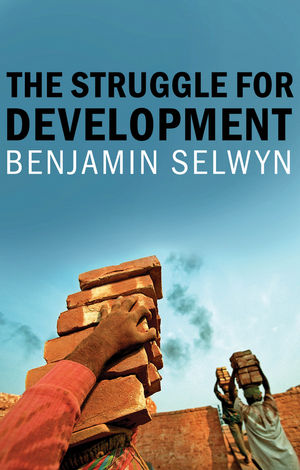 Now is the hour of our collective discontent. In order to pursue the agenda set out for this blog post series, namely: ‘to precisely identify the strategic, structural/epochal, or more contingent factors involved in the emergence of particular state–capital hybrids, as well as the specific institutional, organizational, and legal forms that facilitate such emergence’ () my contribution examines the Australian state over the summer of 2019-20, into the COVID-19 pandemic. I argue that the COVID-19 pandemic highlights the instability and amenability to capital of our present conjuncture in ways that the bushfire crisis did not. Further, the pandemic renders our present conjuncture potentially far less stable and amenable to capital than declaration of a national ‘climate emergency’ could have, and therefore the left should consider how to force deep reorientations of state-led action (and therefore form and function) while it can.
Now is the hour of our collective discontent. In order to pursue the agenda set out for this blog post series, namely: ‘to precisely identify the strategic, structural/epochal, or more contingent factors involved in the emergence of particular state–capital hybrids, as well as the specific institutional, organizational, and legal forms that facilitate such emergence’ () my contribution examines the Australian state over the summer of 2019-20, into the COVID-19 pandemic. I argue that the COVID-19 pandemic highlights the instability and amenability to capital of our present conjuncture in ways that the bushfire crisis did not. Further, the pandemic renders our present conjuncture potentially far less stable and amenable to capital than declaration of a national ‘climate emergency’ could have, and therefore the left should consider how to force deep reorientations of state-led action (and therefore form and function) while it can.
The need for an adequate state theory
Existing scholarship on neo-Marxian theories of the state are the foundations of an appropriate diagnosis of this moment, though in the heart of an historic conjuncture is not the time to attempt a full synthesis or unified theory. Instead we should begin by using our compounding crises to work through our existing analyses and critiques. In keeping with this research agenda, I will begin with a Poulantzean reading of the state – not the blunt Althusserian structuralism of his , but his on . The state is thus conceived of as a material condensate of the balance of class struggle, meaning it is possible to isolate points of rupture and work upon and through them to alter the balance of power.
Without a reconfiguration of political and economic power, the crises we face will not resolve, but escalate by orders of magnitude. A neo-Marxian theorisation of the state reframes this political moment with a materialist analysis of the issues confronting our societies. The points of possible rupture have now become more apparent and should guide leftist strategy into and through the COVID-19 pandemic.
From ‘climate emergency’ to global pandemic (from theory to praxis)
Over the 2019-20 summer, . Vast swathes of the country were covered in marauding fires; communities were evacuated; homes were destroyed; irreplaceable heritage landscapes were lost forever and millions of animals perished. Those physically distant from the fires were by the resulting cloaks of particulate matter draped across the country at levels ‘’ in Australia’s recent memory.
Much of the resulting political jousting that would have ameliorated the situation. Over the course of the summer, communities mobilised to meet the relentless blazes, with set up to try and resource volunteer fire services. Rolling demonstrations and protests were held across the country, demanding action from state and federal governments.







 Now is the hour of our collective discontent. In order to pursue the agenda set out for this blog post series, namely: ‘to precisely identify the strategic, structural/epochal, or more contingent factors involved in the emergence of particular state–capital hybrids, as well as the specific institutional, organizational, and legal forms that facilitate such emergence’ (
Now is the hour of our collective discontent. In order to pursue the agenda set out for this blog post series, namely: ‘to precisely identify the strategic, structural/epochal, or more contingent factors involved in the emergence of particular state–capital hybrids, as well as the specific institutional, organizational, and legal forms that facilitate such emergence’ (